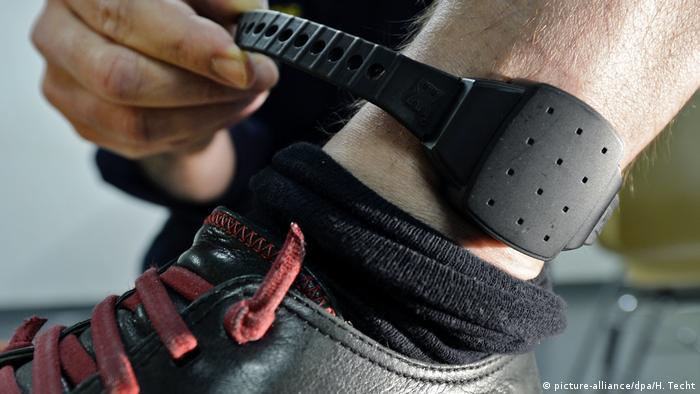By Jacob Magri – Junior Associate
Electronic monitoring in a criminal justice system can serve multiple purposes. It is most commonly used as a condition for pre-trial release or post-conviction supervision – like probation or parole.
In other countries, electronic monitoring or tagging has also been used to track juveniles, immigrants awaiting legal proceedings, adults in drug rehabilitation programs and individuals accused or convicted of DUIs or domestic violence.
It can be said that electronic monitoring is a form of ‘digital incarceration’, often in the form of a wrist or ankle bracelet attached to the body that monitors a subject’s movements and location.
There are several expert opinions, some of which define electronic monitoring as useful for the purposes of rehabilitation of offenders. Others instead support its use to serve as a means to alleviate the burden on prison facilities and avoid overcrowding of prisons, a characteristic that many jurisdictions nowadays – Malta included – have a common interest in.
Many defence lawyers in Malta have also proposed the application of this mode of surveillance as an alternative to preventive custody while making submissions to get their clients released on bail. Several Magistrates and Judges in Malta have also flagged the need and pushed for the introduction of electronic tagging to monitor people who are out on bail.
To this day, electronic tagging is still not statutorily recognised as an available condition for pre-trial release. However, in May 2021, the government launched a White Paper on the subject, proposing, inter alia, electronic monitoring of people convicted of minor crimes instead of imprisonment.
This White Paper was fine-tuned and a Bill was subsequently announced in September 2021. Under the new proposed rules, electronic tagging is set to feature in Malta in three select scenarios, namely, when it is ordered by the court as a punishment in and of itself; for use in granting prison leave and when it is used to grant parole on probation.
Electronic tagging is also set to apply in situations where an imprisonment term of not more than a year is imposed for a crime with a maximum punishment of not more than two years.
Moreover, electronic tagging can also be used in order to enforce measures such as restraining orders or protection orders, in which case the consent of the person who will be tagged is not needed.
The tagging system will be administered by the Correctional Services Agency in Malta who will man and maintain a control room and where people are caught trying to interfere with the electronic tag, that will be considered as a crime in itself.
